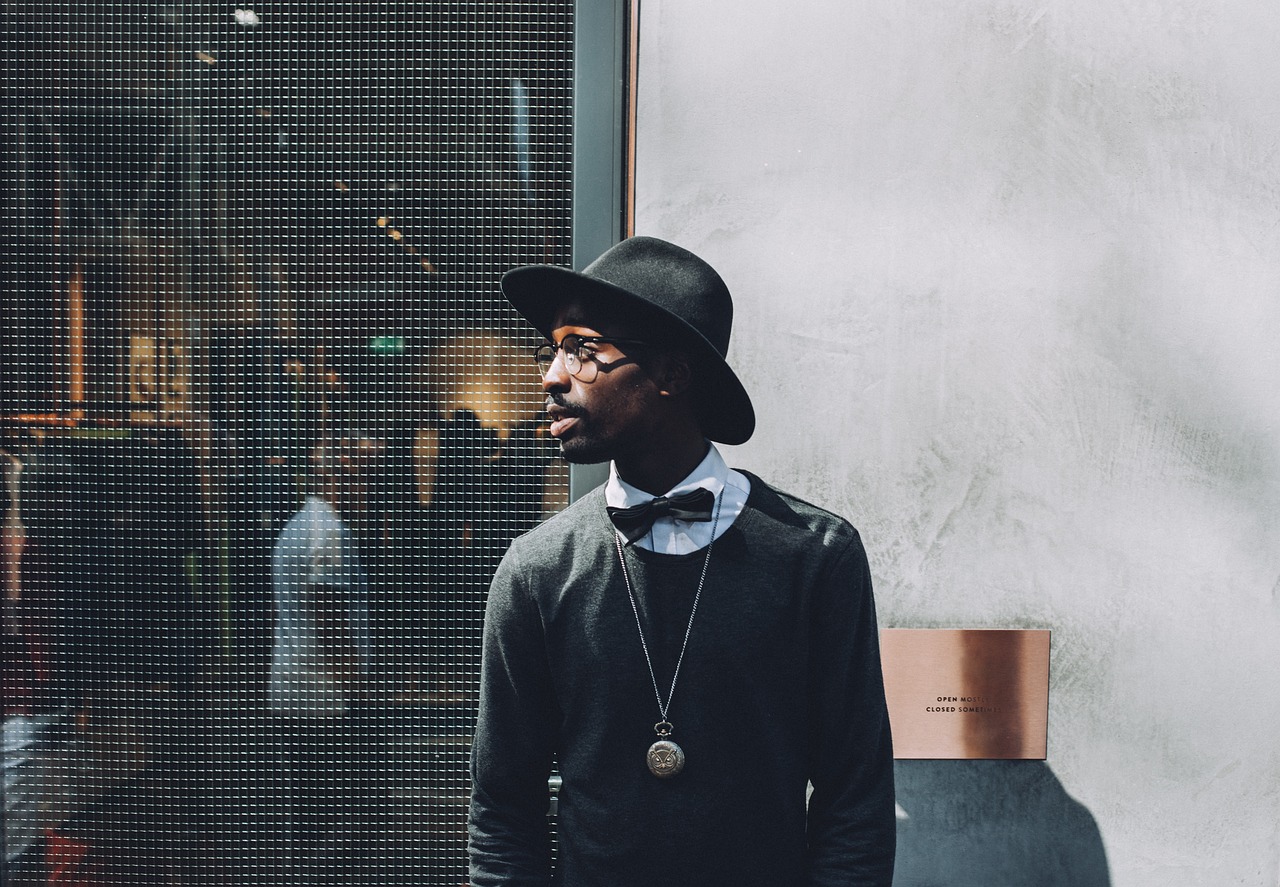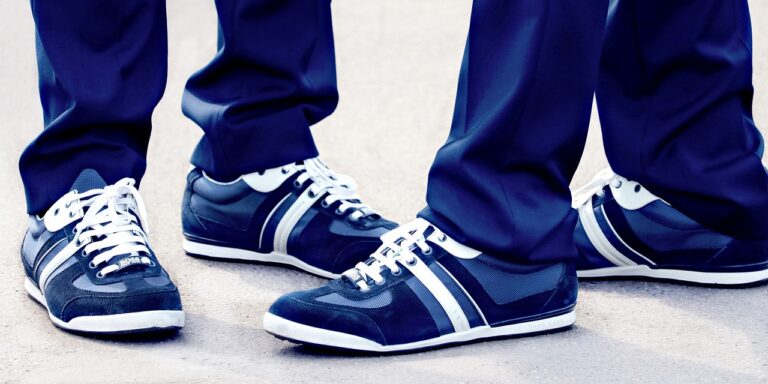The Psychology of Fashion Brand Loyalty: Understanding Consumer Behavior
Brand loyalty in the fashion industry is heavily influenced by the quality of products and services offered by brands. Consumers are inclined to stay loyal to a brand when they consistently experience high-quality products that meet their expectations. This quality aspect plays a significant role in shaping the perceptions and preferences of customers towards a fashion brand.
Another key factor that influences brand loyalty in the fashion industry is the level of customer satisfaction. Brands that prioritize customer satisfaction by providing excellent customer service and addressing any issues promptly are more likely to retain their customers. A positive experience with a brand not only creates a sense of trust and reliability but also encourages customers to stay loyal and recommend the brand to others.
The Role of Emotional Connection in Building Brand Loyalty
Building brand loyalty in the fashion industry heavily relies on creating emotional connections with consumers. When individuals feel emotionally connected to a brand, they are more likely to remain loyal and choose that brand over competitors. This emotional bond often stems from the brand’s ability to align with the values, beliefs, and lifestyle of the consumers.
Fashion brands that successfully evoke positive emotions such as trust, happiness, and belonging can establish a strong emotional connection with their audience. By understanding the emotional needs and desires of their target market, brands can tailor their messaging and experiences to resonate on a deeper level, fostering long-lasting loyalty. Ultimately, emotional connections play a crucial role in not only attracting consumers but in retaining them in the highly competitive fashion industry.
Impact of Social Influence on Consumer Behavior towards Fashion Brands
Social influence plays a significant role in shaping consumer behavior towards fashion brands. The power of social media platforms like Instagram, TikTok, and Facebook cannot be underestimated in influencing individuals’ preferences, choices, and purchasing decisions. When consumers see their favorite influencers or friends endorsing certain brands or products, they are more likely to trust and feel inclined to try them out themselves.
Moreover, social influence also creates a sense of belonging and acceptance among consumers. People tend to follow the trends and recommendations of their social circles to feel a part of a community or to be perceived in a certain way. This desire for social acceptance and validation often drives individuals to align their fashion choices with what is currently popular or endorsed by influencers they admire. As a result, fashion brands that effectively leverage social influence through influencer marketing and user-generated content can strengthen their connection with consumers and foster brand loyalty.
Social media platforms like Instagram, TikTok, and Facebook play a significant role in shaping consumer behavior towards fashion brands
Consumers are more likely to trust and try out brands or products endorsed by their favorite influencers or friends
Social influence creates a sense of belonging and acceptance among consumers
People tend to follow trends and recommendations of their social circles to feel part of a community or be perceived in a certain way
Desire for social acceptance often drives individuals to align their fashion choices with what is popular or endorsed by influencers they admire
Fashion brands can strengthen connection with consumers and foster brand loyalty through influencer marketing and user-generated content
What are some factors that influence brand loyalty in the fashion industry?
Factors such as brand reputation, product quality, customer service, and brand image can all influence brand loyalty in the fashion industry.
How does emotional connection play a role in building brand loyalty?
Emotional connection with a brand can create a sense of belonging and attachment, leading to increased brand loyalty among consumers.
How does social influence impact consumer behavior towards fashion brands?
Social influence, such as peer recommendations, celebrity endorsements, and social media trends, can greatly impact consumer behavior towards fashion brands by shaping their perceptions and preferences.







